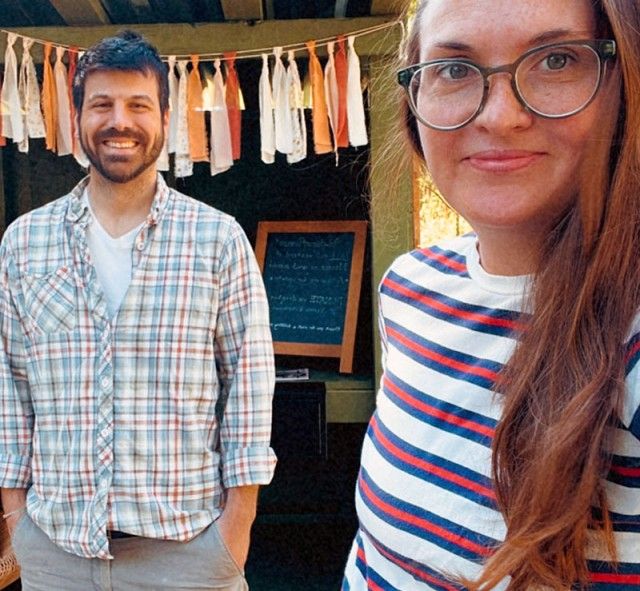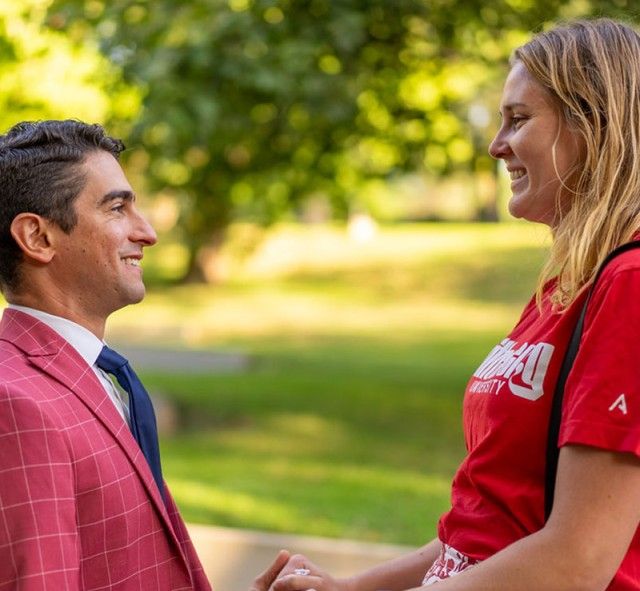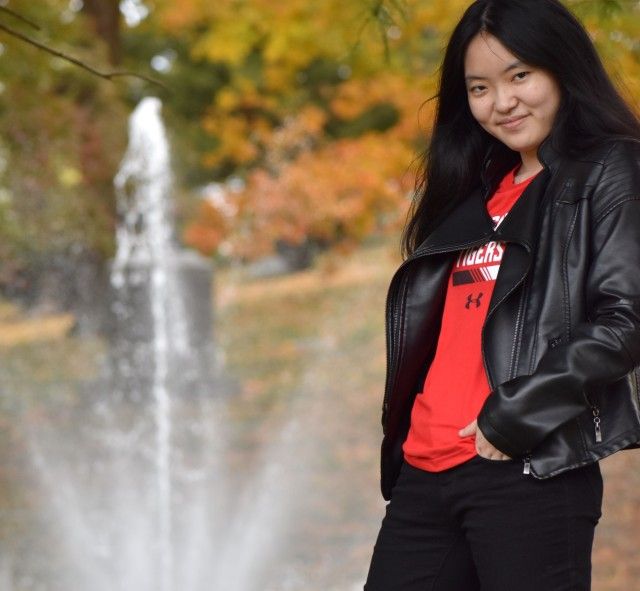However, somewhere along the way, school and geography changed Strait’s life, transforming him into a lifelong learner.
“I just enjoyed school so much and still didn’t have a plan for anything else, so I decided to keep going to the graduate level,” he said. “I took on a TA opportunity, yet still didn’t look at teaching as a career, but I ended up really enjoying it. A friend applied to the Ph.D. program at Athens, which had a really ‘happening’ music scene, and I love music, so I decided to do the same. I went to Athens, figuring if nothing else, it would provide me an opportunity to listen to some music and expose me to a new place, and after a while it just happened; at some point I had no doubt what I wanted to do. Looking back now, I’ve yearned to learn about and explore the world since I can remember, but at that point it finally dawned on me that I could make a career out of it. Now I advise college students, and I tell them that I still don’t know what I want to be when I grow up, but I love learning and sharing what I’ve learned with others. I can’t imagine doing anything else. Where I’m at now is where I should be.”
John and Ava were awarded distinguished teaching honors for their joint teaching, mentoring, and pedagogical accomplishments at SHSU. And while each are great ambassadors individually for geography, their course and teaching styles are very much intertwined on a daily basis, offering innovative instruction that is engaging, place-based, and student-centered. The duo has taught several different courses at SHSU, many of which are recognized for their academic community engagement, due to their emphasis on community partnerships and service-based learning opportunities. Since 2006, they have coordinated and co-directed a host of immersive field courses, both within the United States and abroad. These field courses offer students hands-on interdisciplinary experiences in such diverse locales as the Mississippi Delta, Hawaii, Spain, Italy, and Morocco, as well as other locations.
“Ava and I do a lot of the same work in terms of research, and we have shared a lot of experiences with field work, and service immersion trips,” said Strait, who met Ava in graduate school. “She is more of an environmental geographer and was one of my TAs at Georgia. She is from Hawaii, so one of our courses that always gets a lot of attention incorporates a holistic focus on the islands and includes an immersive field experience. I have the utmost respect for her, both professionally and personally, so it’s really special to share the award with her. When the announcement came out, I was in the middle of a field course, driving a van load of students across the Mississippi Delta, and apparently the news came across as one of my students read a university update on her phone. She immediately shared the news with everybody in the van, including me, so I received a collective congratulations all at once. I found it fitting and very special to be made aware of the award at that moment, while I was in the middle of doing the very thing that is the most rewarding part of my job.”
The Straits’ courses are largely created around service and learning experiences for their students and include field workshops in underrepresented populations, as well as summer teacher workshops for schools and teachers to incorporate field experiences in the classroom.
John also serves as both the assistant chair of the Department of Environmental and Geosciences and the geography program coordinator, and Ava is a geography instructor and serves as the departmental lab coordinator. They have two children – a son, who is 21 and a junior at the University of Arkansas, and a daughter, who is 16 and a junior in high school. Their son, not surprisingly, is currently studying abroad in New Zealand at the University of Auckland.
At SHSU, Ava delivers workshops on creating “Engaging Classrooms” and has received multiple teaching awards, and Strait regularly offers a popular seminar on the Blues culture of the Mississippi Delta, a field-based course that uses the region’s musical culture as a lens to focus attention on various linkages between musical evolution and the geographic dimensions of the Civil Rights movement. He also shares his expertise with music and-place-based pedagogies in summer teacher workshops and institutes, including the National Endowment for the Humanities (NEH) Summer K-12 Teacher Institute hosted by the Mississippi Delta Center for Culture and Learning at Delta State University.
“I really, really enjoy learning. I always say learning, and the knowledge generated from it, are like a good meal; it’s better and far more valuable when you share it with someone,” said John Strait, who was a member of Concerned Black Students and the Geography Club while at Wittenberg. “It’s spending time with young people that keeps you young, and learning is not a one-way street – I try to instill upon my students that it should be a shared experience. I am still learning from my students.
“My advice to any young person is ‘don’t hesitate to pursue your dreams and your passions;’ you may get there, but even if you don’t, you might just find something better. The majority of students come into college for the simple reason that they just want to find a job, but a job and a career aren’t exactly the same thing. Find it, that perfect job, but you should also find out who you are, what your passionate about. You don’t know if you like it until you try it – learn things you don’t already know, including things about yourself. That is what higher education should be all about.”









